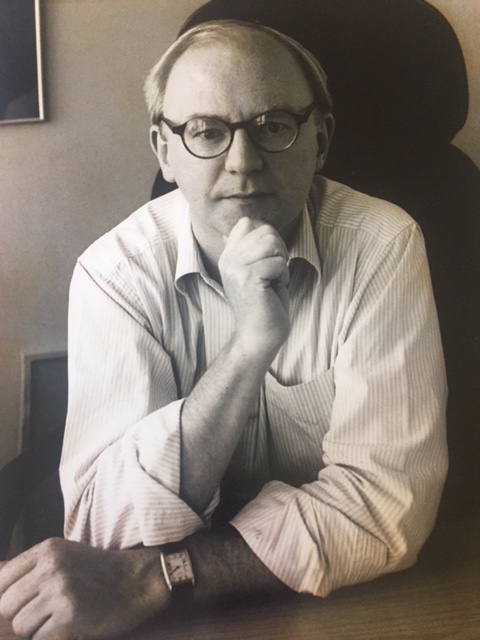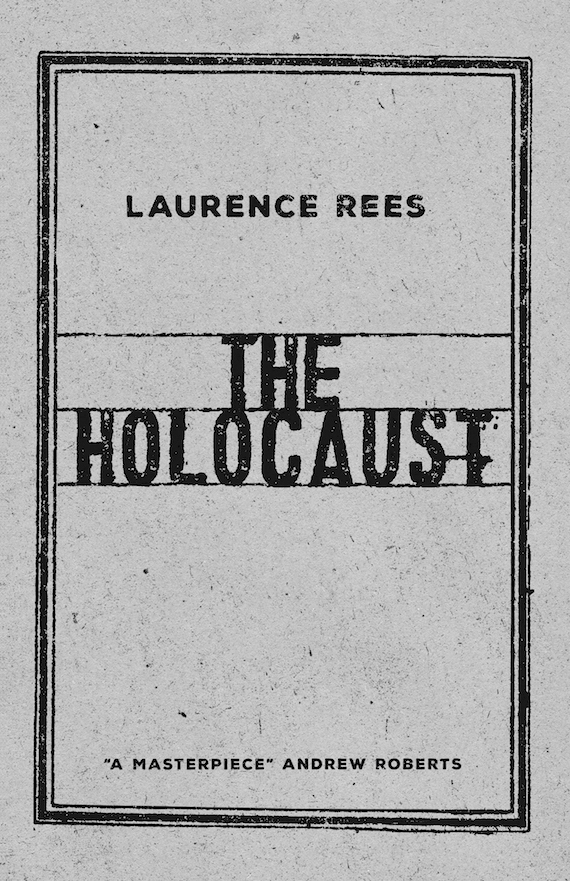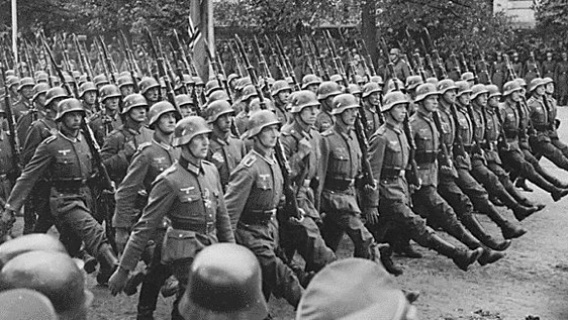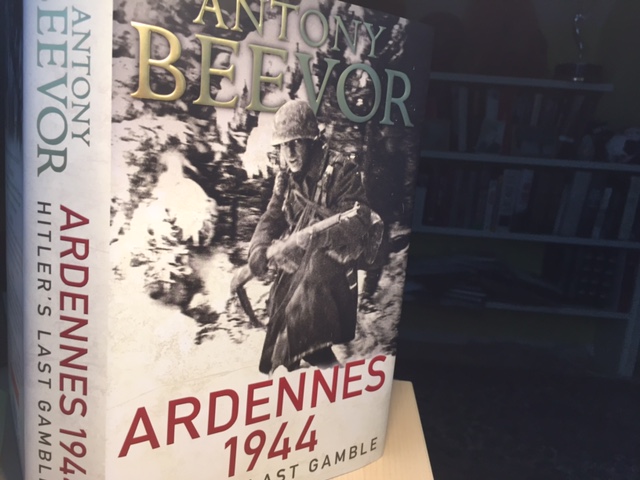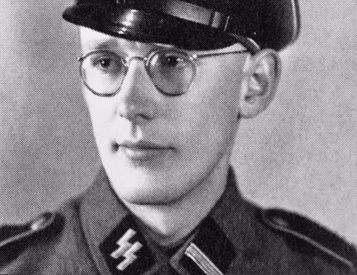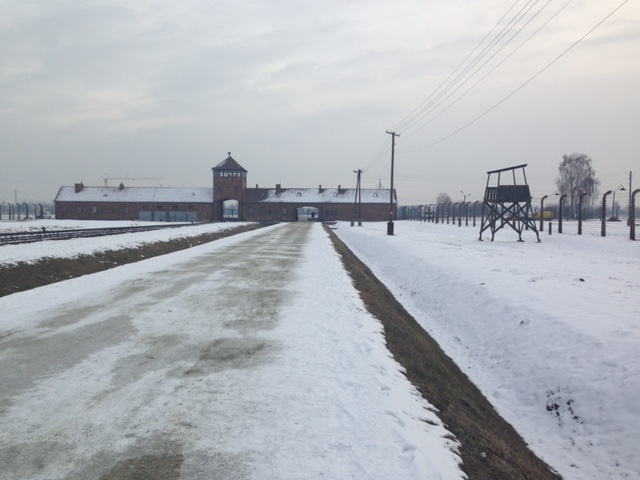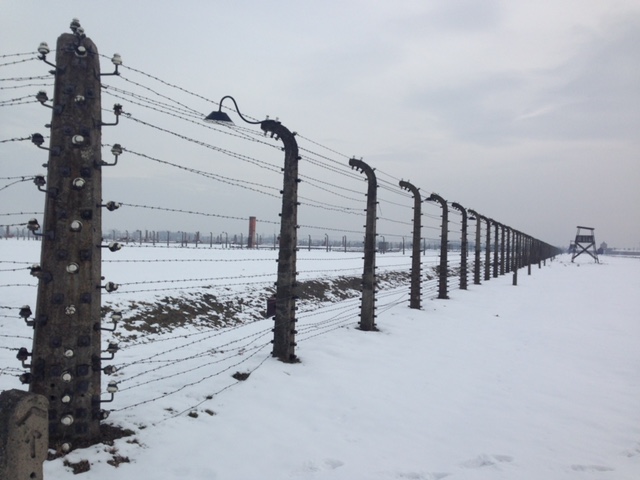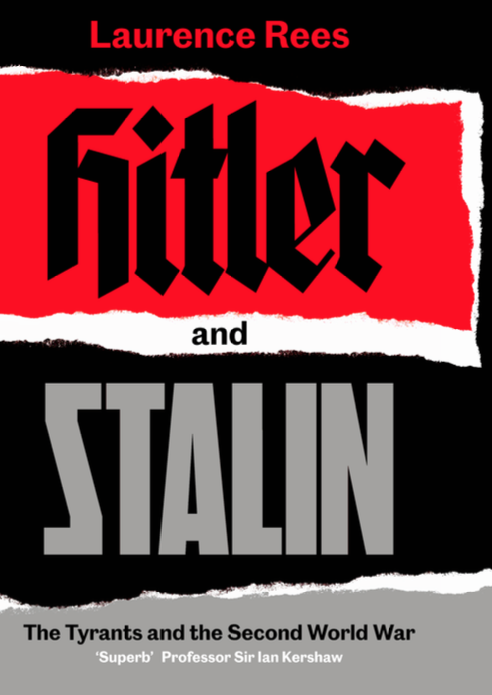
My latest book, Hitler and Stalin: The Tyrants and the Second World War, will be published by Viking/Penguin in the UK on 29 October and in America by Public Affairs in November.
I’ve been working on it for several years, so I’m especially grateful for the endorsements below from these distinguished historians.
‘Coming from one of the world’s experts on the Second World War, this is an important and original – and devastating – account of Hitler and Stalin as dictators. A must-read’
Professor Robert Service, author of Stalin
‘Laurence Rees brilliantly combines powerful eyewitness testimony, vivid narrative and compelling analysis in this superb account of how two terrible dictators led their countries in the most destructive and inhumane war in history’
Professor Sir Ian Kershaw, author of Hitler
‘In this fascinating study of two monsters, Rees is extraordinarily perceptive and original’
Sir Antony Beevor, author of Stalingrad
‘A brave and remarkable work. Revelatory, gripping and hugely relevant, it shows Hitler and Stalin as you’ve never known them. Truly a story of our time, with so many lessons for the troubled world we inhabit today, it will revolutionize your understanding of these two foremost tyrants’
Damien Lewis, author of The Nazi Hunters
‘Presenting this complex history with his usual clarity, his latest study is an enthralling read, weaving many fresh eyewitness accounts into the narrative, offering new insights and commanding his reader’s attention despite the huge scope of his task’
Julia Boyd, author of Travellers in the Third Reich
‘A vivid and terrifying portrait of the twentieth century’s two most brutal tyrants. His mastery of the subject shines through on every page. Provocative, gripping and full of fresh insights, Hitler and Stalin is narrative history at its very best’
Henry Hemming, author of Churchill’s Iceman
 Twitter
Twitter